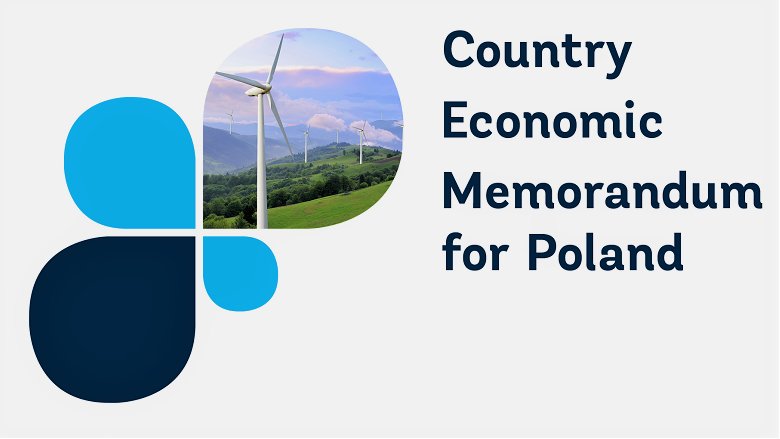The report looks at what it would take for Poland to boost growth and achieve full-income convergence with the EU-15.
- First, a higher investment rate, and in particular the rate of private investment, could boost Poland’s long-term growth and facilitate the shift toward a greener growth model.
- Second, continued human capital accumulation is critical for long-term growth, especially in the context of a declining and sharply ageing population, placing a premium on reversing learning losses resulting from distant teaching during COVID-19 and shorter general compulsory education.
- Third, boosting productivity is a necessary ingredient for ensuring sustained growth and for raising incomes above the EU-15 average.
A package of reforms that simultaneously increases investment and improves pre-tertiary and tertiary education, total factor productivity, and labor force participation could add as much as 1.1 percentage points on average to an annual economic growth rate until 2050.
The financial sector has an important enabling role in the green transition. Public and blended finance play a vital part in the shift to a greener and more resilient economy. Private capital is needed to help all companies realign their business models to net zero targets. The type of financing considered for the green transition matters for the overall macroeconomic impact.
The report estimates the cost of the more ambitious decarbonization pathway needed to achieve net-zero in the power sector by 2050 at close to USD 130 billion, more than twice the current baseline. Such a pathway is aligned with the European Union's development strategy. For such investments to materialize, a more conducive regulatory environment, including for renewables, is needed.

Download full report.
